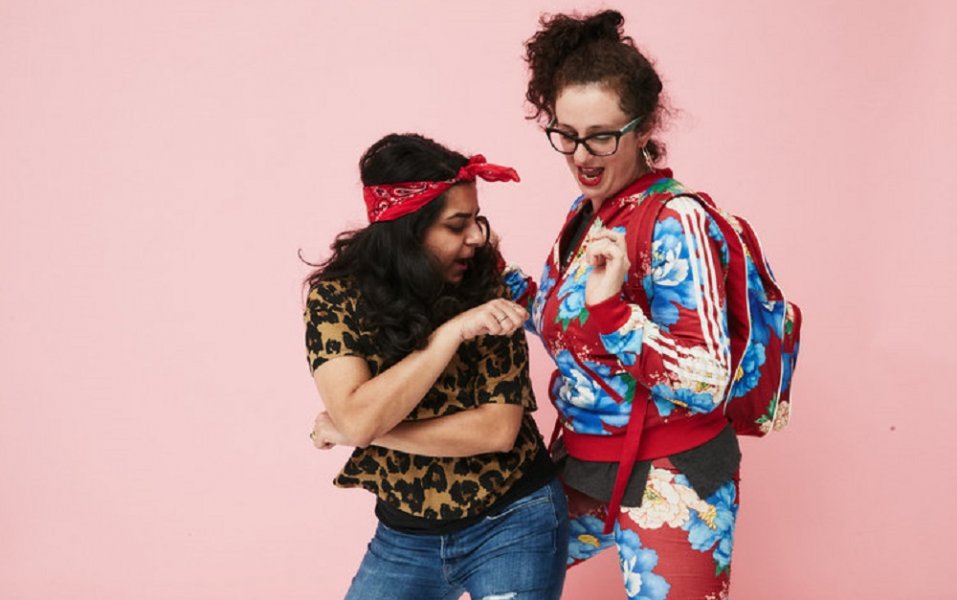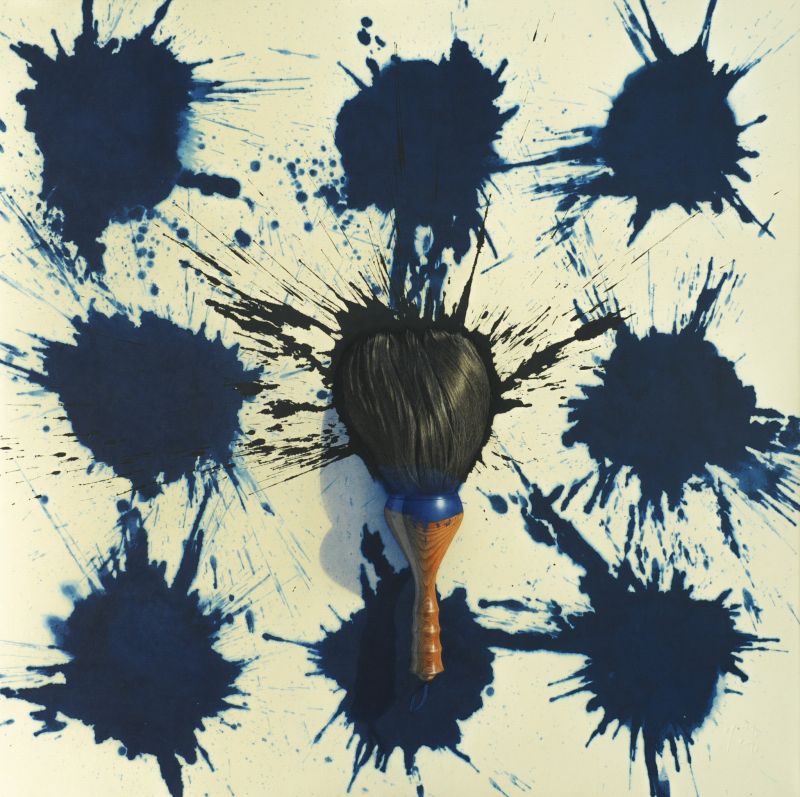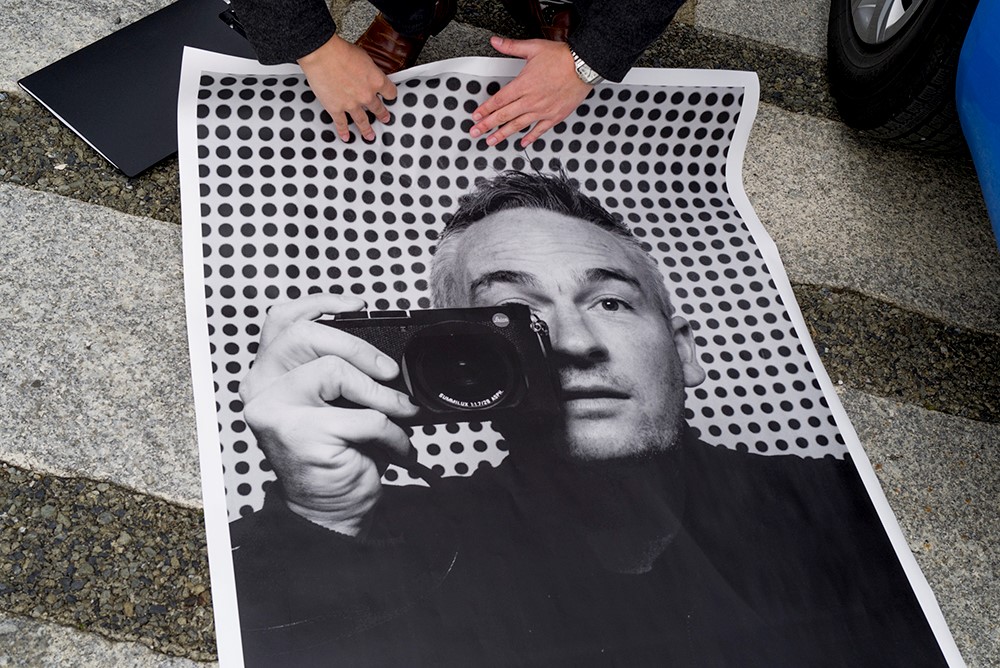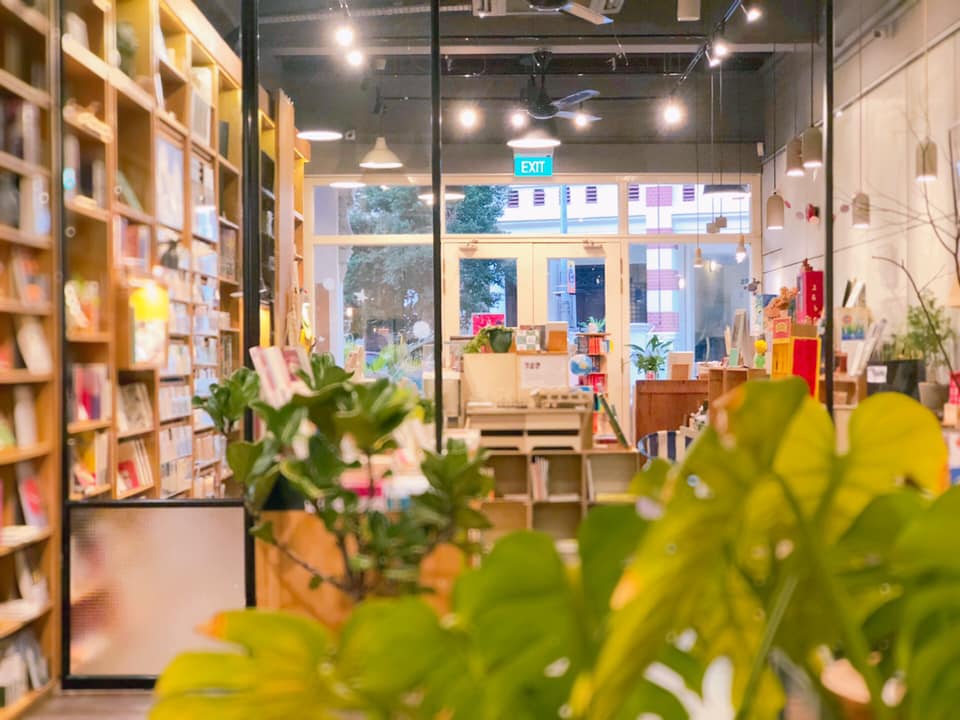As the year comes to a close, there’s still time to devote to worthwhile arts events keen on making a statement. Singapore’s first minority voices literary festival, Other Tongues, for example, is one not to be missed.
Happening Dec 7-8, Other Tongues is a literary festival that hopes to do great things, centering on the voices from minority communities in Singapore. Its name plays on ‘mother tongue’—a response to how countless arts programming in the past tended to co-opt minority writing into “a mother tongue kind of programming”, according to Festival Director Pooja Nansi.
“You’ll have Malay-language poets or Tamil-language poets,” she pointed out. “And I’m kind of curious to see what happens when you put everyone together in the same space, and when we cross-pollinate and stop thinking of ourselves as ‘oh I write in Malay’ or ‘I write in Tamil’ or ‘I write in English’—and just kind of think ‘We’re just young people writing about our experiences.’”
While she’s more commonly known as curator of the highly popular, now-defunct monthly spoken word and poetry showcase Speakeasy, the 36-year-old performance poet herself first gained prominence as a minority writer. During trips to the UK, she found herself inspired by spaces that put minority voices at the forefront, rather than as an add-on.
“I was in a lot of spaces where they were focused on Black voices, or Asian voices, and just kind of talking about issues that were specific to those communities,” she said. “And I found it very nurturing to be in those spaces, because you’re free of any kind of tokenism, and you’re not there as like the diversity-cast poet; you can just really sit and talk about yourself as if you’re talking from the centre. So I brought all the things that inspired me about those spaces back, and I thought about what we could do to create more collaborations and conversations among poets who are working as minority voices here.”

Nansi’s last production saw her rapping about being an ethnic minority. Photo credit: Joel Lim @ Calibre Pictures
Other Tongues is her swan song as the island’s inaugural Youth Poet Ambassador (YPA), wherein she was tasked to organise six public programmes to engage youths in poetry.
At the concise two-day affair, take your pick of 10 programmes featuring 46 artists, who range from young emerging names to established voices like Cultural Medallion winner Haresh Sharma, and playwright Alfian Sa’at. The various programmes and panels tackle a breadth of topics—female struggles, disappearing dialects, otherness, and of course, the hot-button issue of race.
On why it took so long for the scene to get here, Nansi burst into laughter. “No idea—I’m not the right person to ask; because I’m doing it!”
The poet, who will step officially into her new role as Festival Director of the Singapore Writers Festival (SWF) next year, has enough on her plate coordinating Other Tongues. She hardly has the time to be demanding answers as to why something so culturally important should be critically absent until now.
And so the burden of conversation falls on you. The festival is free admission to all, and welcomes open minds who want to listen, learn and contribute. It’s a good first step that is, after all, better late than never.
We had a chat with Festival Director Pooja Nansi to find out more.
How did the festival first come about?
I kind of wanted to create a space that didn’t already exist in the poetry scene in Singapore; I didn’t want to replicate yet another spoken word event or workshop, and I wanted to showcase voices that don’t get showcased very often. Other Tongues is really just an attempt to do that, to create conversations around these voices.
Were you tasked with this specific focus of the festival?
I wasn’t tasked with it; it’s quite personal to me obviously, because I am a minority writer, and I’ve come up the scene being one. I didn’t really have very many role models when I started writing in English. I didn’t have any Indian female poets to look to, and I had to search really hard or go outside the Singapore lit scene to find role models who spoke to that particular aspect of my experience and identity.
And so there are certain issues that have been specific to writing as a minority, and I just thought about how there are certain voices that don’t come to mainstream literary spaces or should come more often. There’s a lot of work happening in fringe events, or there are young poets doing a lot of writing but not in the literary spaces that we know—and I thought, how can I put a spotlight on them? Because I think that our scene is much more diverse than we think.
How did you curate the line-up of speakers?
We wanted to showcase very new voices, but then we also wanted them to have the opportunity to have a conversation with very established voices in the scene. So our line-up ranges from really emerging poets who just started dabbling in spoken word last year, to people like Haresh Sharma who’s a Cultural Medallion winner.
I think we reached out to a whole group of people—some obviously I have developed personal relationships with or have worked professionally with; but there were also other people, like Siti K for example. I love her, I love her work, but I’ve never worked with her, so it was really just me going hi, maybe you don’t know me, but it’d be really cool to involve you in this.
We’ve also got writers across media, because it’s my personal belief that poetry has moved past just being text in a book. People use poetry in very multimedia forms in the 21st Century—so we’ve got musicians, people who are working in theatre; we’ve got a multimedia artist. I just kind of wanted the line-up to reflect how poetry is being practiced in its many forms today.
That said, do you have any Chinese writers featured?
Actually we do! There’s Thomas Lim who is talking about his use of Teochew. Because when we talk about minority, it’s obviously not a monolith; people speaking in dialects are actually also a minority community.
Thomas wrote this play called Grandmother Tongue (premiered at the 2017 Singapore Theatre Festival), in which he talks about his experience of losing communication with his grandmother, and not being able to speak to her in dialect—which is I think an experience a lot of Singaporeans in our generation face. So it’s really all kinds of minority groups—ethnic minorities, language minorities, migrant worker poets.
How has it been stepping into the role of a Festival Director?
This is the first time that I’ve worked on a full day-and-a-half worth of programmes. We’re a very small team; it’s just me and my friend Shridar who is the programmer.
It’s been fun, because we’ve done everything—like printing posters to actually sitting down and thinking about our line-up, to contacting artists, to creating a programme schedule. It’s been very humbling and cool, and a great opportunity to just get a sense of the smallest and largest tasks of any kind of events or festival planning.
Do you think you would be able to do something like this independently?
Yeah, actually we talked about what a second edition would look like, and I think we would like to explore what it would look like if it were completely independently funded. I kind of thought about it in a passing way in 2016, wanting to do it independently maybe, and then I realised that the YPA was a great platform. I think for the YPA initiative, if it’s intended to empower youths with poetry, then this was the community of youths that I felt deserved more stage time, and deserved the spotlight on their voices.
How do you think this experience will compare to your role as SWF Festival Director?
It’s hard to say because I haven’t embarked on that job yet; at the moment I’m just kind of learning from (outgoing Festival Director Yeow) Kai Chai and the team and just orienting myself, so I can’t really speak to how this is going to affect my SWF planning. And I think the two festivals are absolutely different beasts—this is a really small, fringe, intimate festival; and that’s a national festival. I think it’s been a nice learning curve, and a good realisation on a very small scale, I’m sure, compared to SWF, of all the things that go into making a festival, so it’s definitely been a nice little taster, I guess.
What will you be up to after Other Tongues?
I will be hopefully going to a beach where there’s no WiFi—so I can take a good break, just before January starts and SWF work kicks in.
Other Tongues happens Dec 7-8 at multiple locations around Kampong Glam and Little India. More information and the full programme available here.





